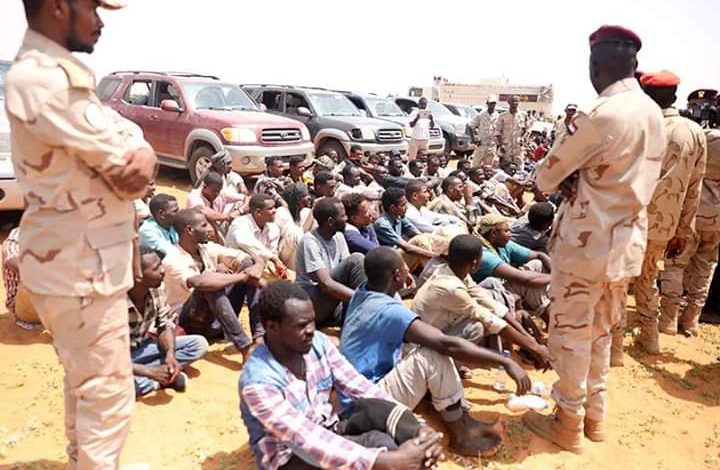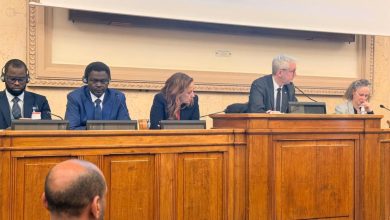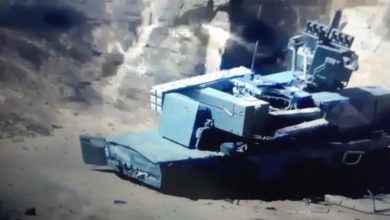Reports
Massacres and Militia Violations: Retaliation or a Military and Political Campaign?

Sudan Events – Agencies
Observers and experts believe that the Rapid Support Forces (RSF) attacks on dozens of villages in eastern and northern Gezira State in central Sudan, which resulted in hundreds of deaths and injuries, go beyond mere retaliation for the defection of the RSF leader in the region, Abu Aqla Kekel, who joined the army. They suggest that these actions have broader military and political objectives.
A Campaign of Retaliation
Omar Al-Badr, an activist with the Middle Call (a civil entity), describes these attacks as a “retaliatory” campaign affecting six towns and 58 villages in eastern Gezira since October 21. According to him, over 300 people have been killed, hundreds injured or reported missing, and tens of thousands displaced.
In an interview with Al Jazeera, Al-Badr detailed how the RSF has extended its campaign from eastern Gezira to Al-Kamlin in the north, particularly in the Azraq and As-Sareeh areas, where approximately 130 people were killed and over 200 injured. Additionally, the RSF has reportedly abducted over 150 captives, with the bodies of three, including an infant, found on Sunday in fields around As-Sareeh. He also pointed to forced displacement, violations against women and the elderly, kidnappings of innocents, and looting of citizens’ property.
Strategic Expansion
Osama Idris, a researcher in strategic and security studies, notes that since halting operations in Khartoum, the RSF has adopted a new strategy of rapid expansion. This plan involves aiming to capture El Fasher, the capital of Darfur, as well as Babnusa and Al-Obeid in Kordofan. They then intend to move north and encircle Port Sudan by advancing from Sennar and Sinja eastward towards Gedaref and Kassala.
According to Idris, the army’s recent control of Jabal Moya has disrupted the RSF’s military plans, leaving them scrambling for alternatives to avoid being surrounded by the army. The army has successfully isolated RSF forces into fragmented groups without supply lines, leading to the liberation of Dinder and Suki with little resistance. The army is also close to retaking Sinja, the capital of Sennar State.
Idris believes that the RSF’s “atrocities” in eastern Gezira aim to displace residents and divert attention, thereby securing supply lines from Jabal Auliya in southwestern Khartoum through Al-Kamlin and the Rifa’a Bridge in central Gezira, allowing them to push both eastward and northward.
Impact on National Unity and Morale
Military expert Brigadier General (ret.) Ibrahim Aqeel Madbo considers the RSF’s campaign in Gezira an attempt to weaken public solidarity with the army following recent gains. He suggests that RSF fighters are committing and documenting these abuses to spread fear among the Sudanese people and lower their morale, while also impacting the armed forces engaged in pushing them out of their occupied areas.
Madbo suspects that certain actors behind the RSF are pushing for international intervention under the guise of humanitarian concerns, with the intent to further specific agendas and undermine national sovereignty. This, he believes, would allow the “rebellious” RSF to retain control of its territories, thereby blocking the army’s advances towards eventual victory and territorial reclamation.
Objectives
Political analyst Faisal Abdul Kareem argues that the RSF has various military, political, and psychological motives behind its campaign against civilians in Gezira. Abdul Kareem told Al Jazeera that the RSF aims to respond to Kekel’s defection by asserting that it still maintains control in Gezira and to distract from the army’s progress in Sennar.
He believes the RSF seeks to “exacerbate the humanitarian crisis and draw international attention, potentially encouraging foreign intervention in Sudan.”



